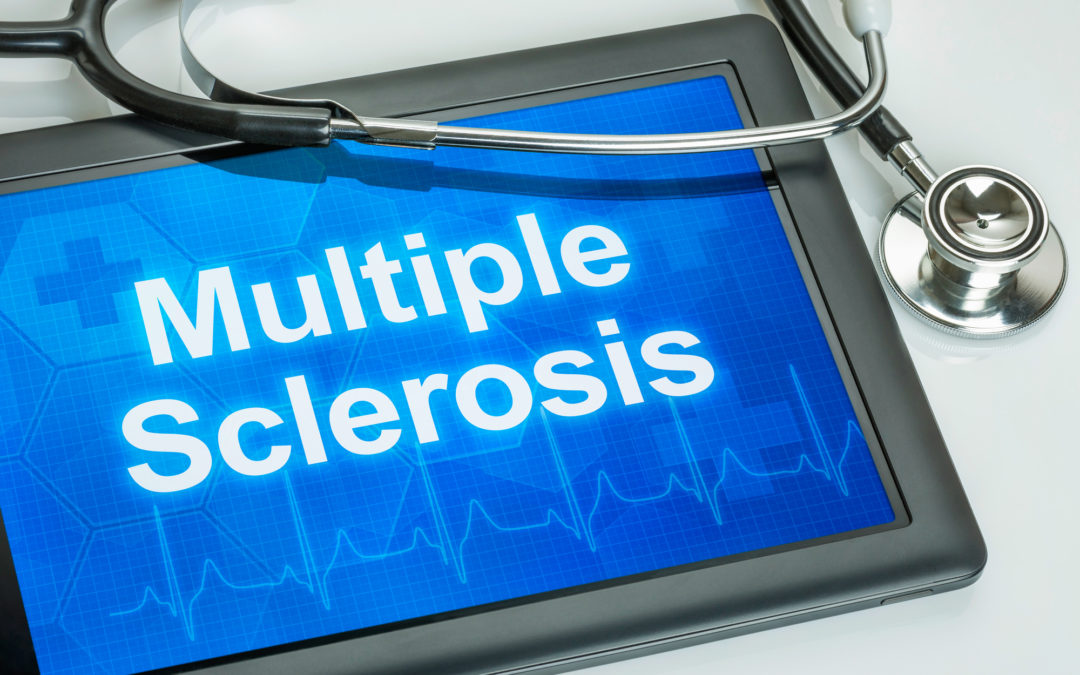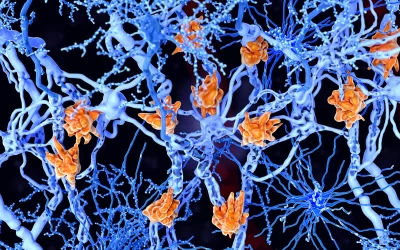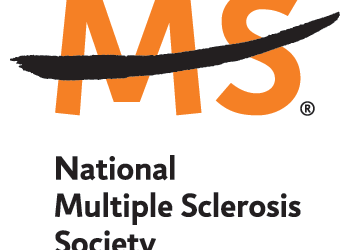MS researchers are pursuing multiple avenues for new treatment options, including a nasal spray and drugs that target the Epstein-Barr. Doctors currently prescribe DMTs to prevent flares, halt new scars on MRI scans, and slow or stave off disability progression.

MNT’s Sunday Supplement: Can chronic antibiotic use cause cognitive decline?
Growing evidence supports the idea that there is a link between gut bacteria and cognitive function. Previously, Medical News Today has reported on how irritable bowel syndrome may impair communication along the gut-brain axis and raise the risk of anxiety and...What Is Highly Effective Treatment for MS?
Posted on December 30, 2021 (20) (81) (15) Medically reviewed byAmit M. Shelat, D.O. Article written byBrooke Dulka, Ph.D. Highly effective (HE) disease-modifying treatments (DMTs) can help slow progression of multiple sclerosis (MS) and reduce...On the Horizon: The Future of MS Treatments
By Benjamin Segal, MD, as told to Kara Mayer Robinson We’ve come a long way in treating MS — it’s been one of the biggest success stories in medicine. Over the last 20 years, there has been a revolution in drugs that change the course of the disease,...
Consortium of MS Centers Annual Meeting Focuses on MS in the Real World
Solutions for People with MS November 9, 2021MS healthcare providers and researchers participated in the 35th Annual Meeting of the Consortium of MS Centers (CMSC) in Orlando, Florida, to share findings and learn the latest about diagnosing and treating MS, and to...
Genetic evidence links vitamin D deficiency to mortality risk
MNT’s Sunday Supplement: Genetic evidence links vitamin D deficiency to mortality risk in someVitamin D is a topic Medical News Today keeps coming back to. We have covered research into the link between vitamin D and the microbiome, the mixed evidence for the health...







